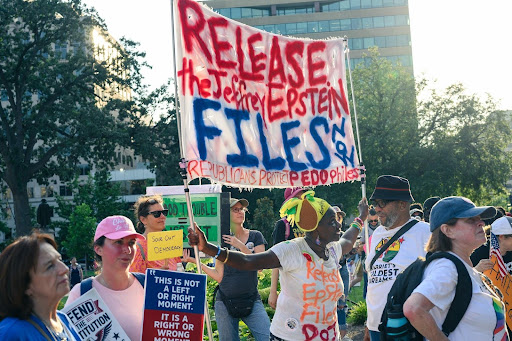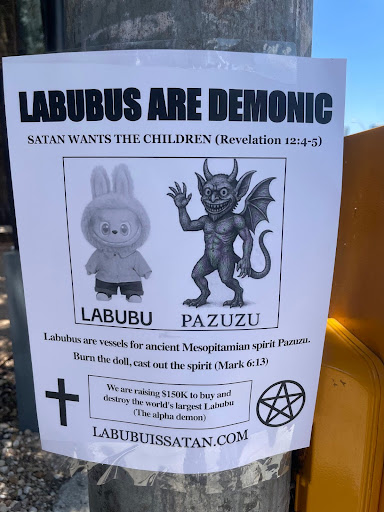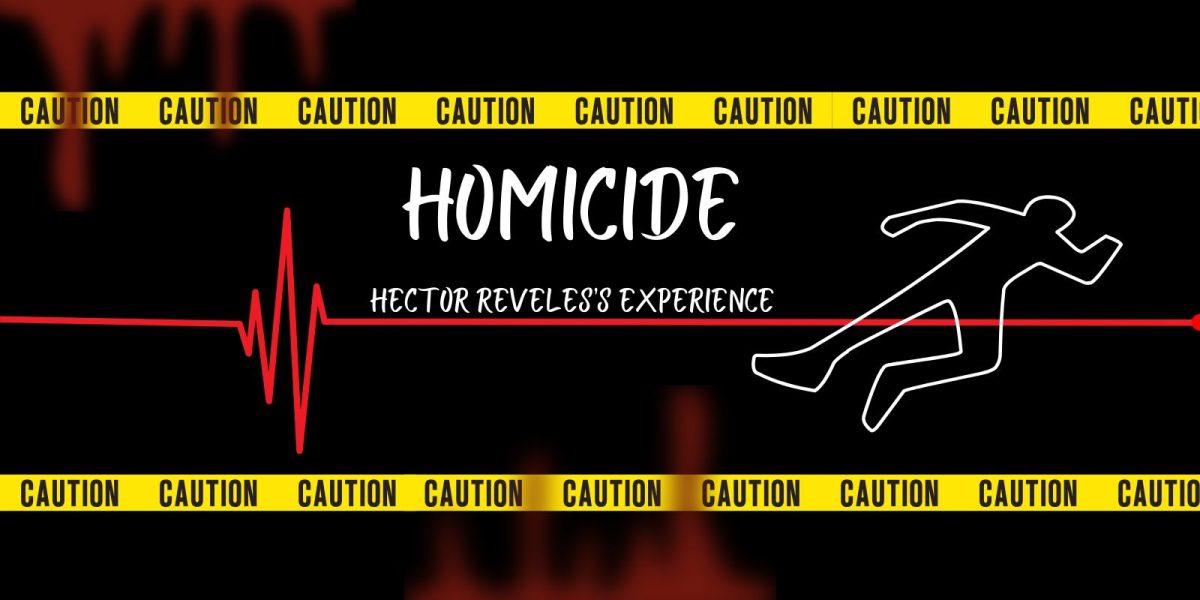Let’s start by asking: What is homicide? Homicide is the act of one person killing another person. The Homicide unit in law enforcement revolves around Homicides and other unnatural deaths.
Hector Reveles, 72, is a retired homicide detective. He studied psychology at the University of Texas and has a daughter who is in grade school. I interviewed Mr. Reveles because he not only has an interesting past but also is a very influential person for those who seek a future in law enforcement.
Sargent Reveles’s story starts with his neighbor asking him to go and apply for the police academy. He said, “I said no the first few times he asked, but I eventually gave in and went.” He went through the training and found it fascinating. Reveles claims he’d “never thought he’d ever be an officer, let alone in homicide.” Reveles went through all the stages that led him to homicide which included, starting off as a cadet, becoming a rookie, then missing persons, to general assignments, and then was appointed a detective in Homicide for six months. From there, he went to sex crimes and finally ended up back in homicide. Reveles remained in homicide for 20 years until his retirement in 2012. In his two decades of being in homicide, Reveles and his team solved around 700 cases, not including other unnatural deaths such as suicides and drug-related deaths.
Reveles mentioned a specific case when he got a call about a young woman, age 27, who had been murdered. When he arrived at the scene, he said she had been killed by strangulation and had perfume poured over her body. The woman had 9 roommates who lived in the house with her, but were all away due to it being Thanksgiving. A few days later, they were completing a crime stopper at the scene, and Sgt. Reveles was sitting in his car that night across the road from the house when he decided to take a walk. He walked around the area of the crime scene and ran into a man “who ended up becoming a main suspect for the longest time,” said Reveles. He checked all the boxes of the profile they were looking for. The man reportedly had been at the house across the street from the scene, asking to speak with someone on the same day the murder happened. He was later looked up in the system and had a history of sexually assaulting multiple women and had been diagnosed with schizophrenia. The case had been opened since Reveles was first a detective and wasn’t solved until a few years after he had retired. The culprit was a completely different man from the original suspect, but he was a man who had been convicted of another crime and was in prison, where he was later killed.
Reveles said that homicide is not for everyone due to the constant tragedy and heartbreaking circumstances that you work under. He explained that they look to hire people who could put aside personal baggage and biases to stick to the facts of the case. He also mentioned it is very important not to lose your humanity and not to forget who you are. Honesty and integrity are two very important qualities as well.
Many other challenges are involved with law enforcement, such as psychological problems and social differences. Psychological problems and challenges are a huge part of being on the police force. For example, when you are surrounded by death and trauma, like you are as a part of homicide, it is very difficult for you not to lose yourself or your humanity. Another problem is political differences with the rest of your team and/or department. You also lack sleep and a social life, due to being on call all the time. Sgt. Reveles said, “For anyone who is looking to enter law enforcement, be very disciplined when it comes to emotional impacts. Try and mentally prepare yourself for the job the best you can. And to always remember, not to lose yourself, honesty, integrity, and to be in this job for the right reasons.”






































